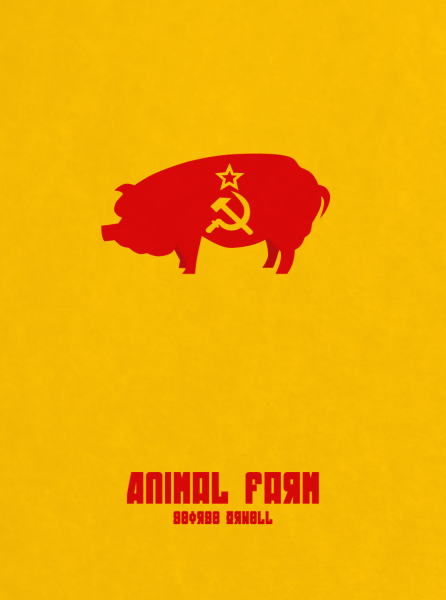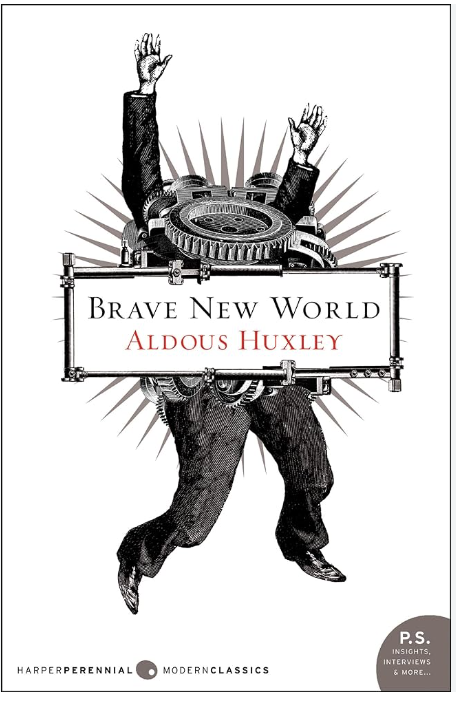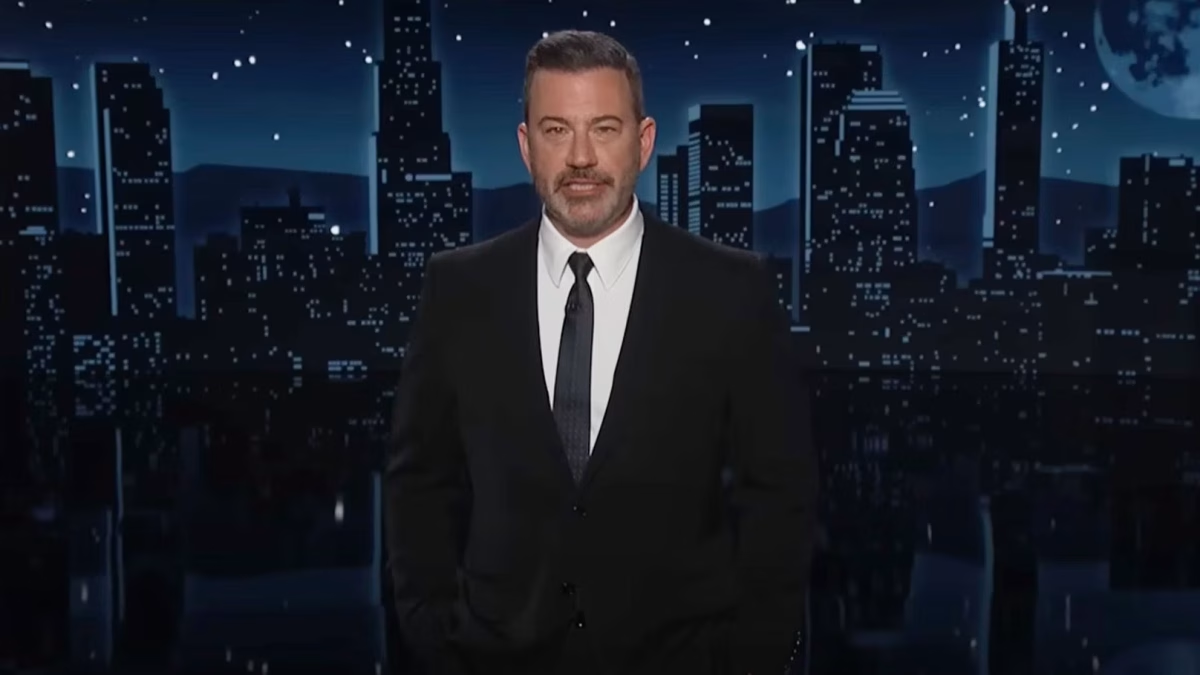Brave New World has been around for decades in the freshman curriculum. Published in 1931, the dystopian novel addresses complete totalitarianism while exploring the idea of society getting caught in the crossfire of technological development.
For some, the book was adored and quite educational. Senior Courtney Fitzgerald found that it was a great book because “it enlightens us on how if we constantly reward ourselves, a false reality will be formed and will take away the greater will to live. It also shows us how being aware of conformity is something we need as individual parts of a complex society.”
For others, the book wasn’t nearly as meaningful. Senior Sophie Gauthier found it to be rather unengaging.
“I read the book, annotated, and even wrote a strong essay, but it was hard to remember anything about it afterwards,” said Gauthier. “I can usually recall the details about most dystopian books I’ve read, but nothing really stuck with me about Brave New World.”
The book is full of explicit twists and jaunting scenes that are ultimately harrowing for the young freshman audience, and while it’s important to expand literary horizons there are certainly other dystopian/science fiction classics to replace it with.

For example, we could replace Brave New World with The Hunger Games. The timeless series that has captivated audiences across both the cinematic and literary worlds. As a freshman when I initially read the series, I was instantly hooked and I found the storyline and character development to be thoroughly entertaining. Given that it’s a series, it also encourages students to follow up with the next book for the plot’s ending which ultimately incentivises independent reading which can be hard to entice when freshman feel overwhelmed with in class reading and writing workshop.

Another option is Animal Farm. A banned book for its Soviet content, the story emulates the ideas of power and corruption through a story about farm animals. There are many parallels to Brave New World, mainly due to the similar time frame of which both were written within. Comprehensibility would be the best reason to introduce the book, simply because guided classroom discussions could help maximize understanding.
Additionally, Anthem – a dystopian novel portraying an alternate future if society took to collectivism- could replace Brave New World. The book is short in length however it prompts a variety of unique discussions that ultimately challenge the standards of morale within a modern society. The book was published in 1946 by a Russian – American author, however it was written in simple style, for easy comprehension which would make it a great option for all levels of the freshman English curriculum.

Brave New World has been ripped away from library shelves across the globe for its provocative content. In the modern day of cancel culture, we continue to see libraries removing books over controversial topics, and most recently we have seen a spike in threats towards schools with banned books even within our own community. While Brave New World should certainly remain on the shelves of high school libraries, certain sensitive topics could be addressed to the reader prior to checking it out.








